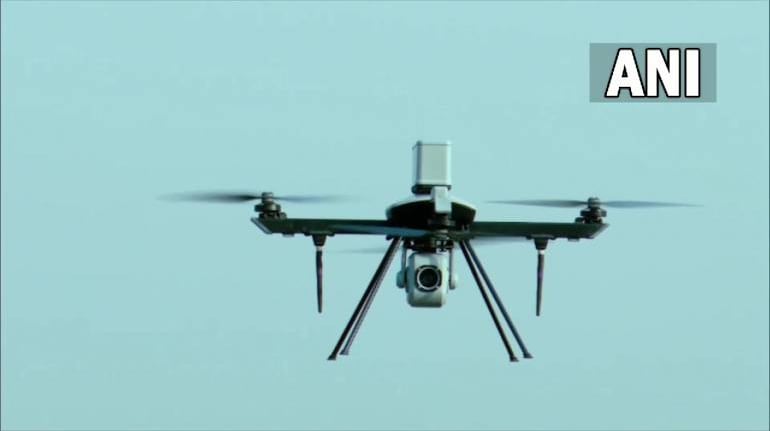



National Association of Software and Services Companies (NASSCOM) has said that the proposed amendments to provisions that regulate the export of drones are restrictive for startups and put them at a disadvantage compared to global peers.
The Directorate General of Foreign Trade (DGFT) recently introduced draft amendments to Category 5B of the Special Chemicals, Organisms, Materials, Equipment, and Technologies (SCOMET) list. Only authorised exports of SCOMET, such as drones, are permitted.
The inclusion of delivery and surveillance drones with zoom capabilities greater than 10x, according to NASSCOM, will increase the compliance burden on the drone industry.
"As per industry inputs, 10x zoom is a capability that is now available even in consumer-grade toy drones. Deliver drones are also widely being used commercially now. We believe that this does not align with the objectives of the SCOMET list," NASSCOM said in their submission.
"Adding these to the SCOMET list will add to the compliance burden of the drone industry, which comprises majorly of start-ups. Adding impediments to the export of drones from India will not be in line with the vision of making India a global hub for drones," it added.
Second, the draft proposes a General Authorisation for Drone Export (GAED) policy. Drones that do not feature on the SCOMET list and have a range of at least 5 km and a payload of no more than 5 kg must apply to GAED for general export licensing.
"We believe that it is not the intention of the DGFT to mandate the industry to apply for a general authorisation, even in situations where the item to be exported is not covered under the SCOMET list," said NASSCOM.
"Including these under the SCOMET list thereby adding to the industry’s compliance requirement will place Indian start-ups at a disadvantage as compared to their global peers. This will not be in line with the Government’s agenda to boost the growth of Indian start-ups and make them internationally competitive," the industry body added.
NASSCOM also urged the government to ensure prompt processing of applications submitted in accordance with the proposed GAED policy. The Inter-Ministerial Working Group (IMWG) will review applications, according to the policy.
"We understand that IMWG meets only once every month, thereby leading to significant delays in examining of applications by them," the body said, recommending that these applications be resolved within 15 days of submission.
The amendment to drone export policy has been a long-awaited demand for the industry, which has been upset by the lengthy authorisation process, a lack of clarity in the regulations, and other issues.
Drone manufacturer IdeaForge told Moneycontrol that approvals came after nearly six months in some cases, while another drone manufacturer Kadet Defence Systems said approvals came after three to four months. Customers were becoming frustrated as a result of the delay in authorisations, according to drone manufacturers.
Discover the latest Business News, Sensex, and Nifty updates. Obtain Personal Finance insights, tax queries, and expert opinions on Moneycontrol or download the Moneycontrol App to stay updated!
Find the best of Al News in one place, specially curated for you every weekend.
Stay on top of the latest tech trends and biggest startup news.